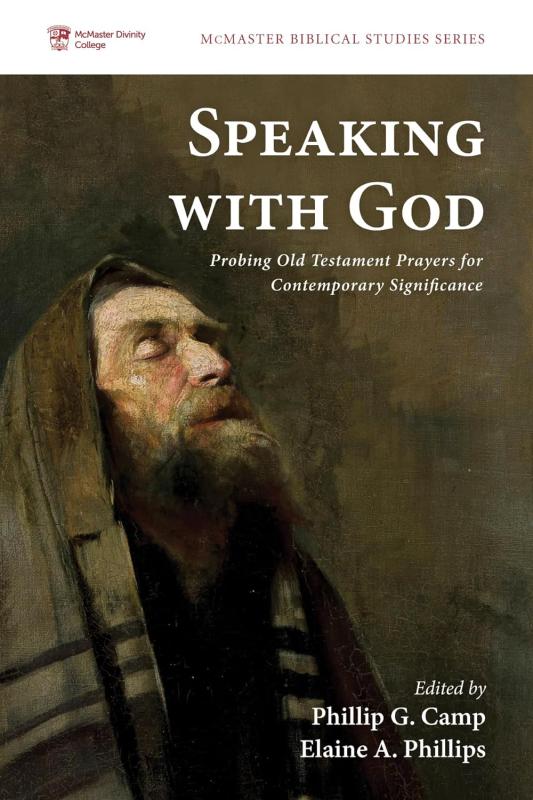Speaking with God: Probing Old Testament Prayers for Contemporary Signficance
January 25, 2024

It started with a footnote.
In his 2010 book, Creation Untamed: The Bible, God, and Natural Disasters, Terence Fretheim noted that there had been little theological reflection on how the Israelites had practiced prayer. Intrigued, Lipscomb professor Phillip Camp and other theologians spent the next seven years researching, discussing and contemplating prayer. From that reflection came two books: Praying with Ancient Israel: Exploring the Theology of Prayer in the Old Testament (2015) and this new volume, Speaking with God: Probing Old Testament Prayers for Contemporary Significance.
“Our hope is that this work will improve prayer life in our churches. We want it to be a resource for people to come closer to God through prayer,” says Camp. To that end, the authors of Speaking with God wrote with accessibility in mind – simple transliteration of passages and jargon-free discussions.

Phillip Camp
The book begins with the question, “What actually constitutes prayer?” What follows is an exploration of the prayers of Moses, kings, prophets, women and others included in the Hebrew narrative. Each prayer is examined in its motivations and context – along with God’s response to it.
“Prayer is dialogical,” says Camp. “They are conversations with God. God answers back a lot in the Bible. It makes me wonder if I am not hearing from God, is it because our culture has not taught us how to listen?”
Speaking with God aims to help churches and individuals learn how to deepen their own understanding of prayer and engage in meaningful communication with God.
For example, David T. Lamb, in his chapter on the prayer of King Hezekiah, includes this reflection: “But for those of us who find it difficult to make time to pray, or who wonder what difference it makes, an image of a God who listens, responds, and even changes in response to prayer is a powerful motive. It makes one want to pray, which ultimately should be our goal as we reflect on our theology of prayer.”
“There is a strongly edifying and encouraging aspect to this work,” says Leonard Allen, dean of Lipscomb’s College of Bible and Ministry. “It is a wonderful intersection of scholarship and Christian life.”
Order your copy of Speaking with God
Bible and Ministry Blog